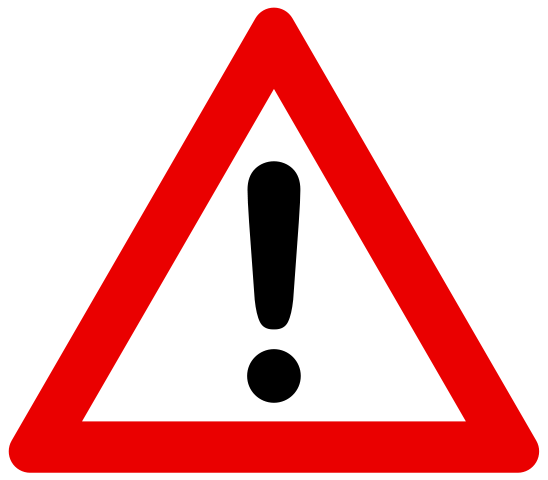-
3-minute read
-
17th July 2017
Punctuation Tips: Exclamation Marks
Are you ready for some punctuation fun?! Today we’re looking at how to use exclamation marks (also known as exclamation points) in your written work!

The exclamation mark is becoming more common, especially online (the Wild West of the written word). But there are some things you need to know about how they should be used.
When to Use an Exclamation Mark
Originally called a ‘note of admiration’, exclamation marks are still used to express excitement. However, they can also show surprise or other strong emotions. They’re used with short interjections (e.g. ‘Wow!’), too.
- Excitement – ‘I’m really looking forward to the weekend!’
- Surprise – ‘You can’t be serious!’
- Interjection – ‘Wait! I forgot to tell you about the shark!’
There’s no restriction on the type of sentence that can end with exclamation points, but they’re best saved for saying something forceful or emphatic.

Punctuating Exclamations
Exclamation marks are a form of terminal punctuation, so they usually take the place of a full stop at the end of a sentence:
I’m so excited about punctuation! ✓
I’m so excited about punctuation!. ✗
You can also use exclamation points in parentheses within a longer sentence. In these cases, the sentence should end with a standard full stop:
Punctuation doesn’t excite me (not even exclamation marks!). ✓
Punctuation doesn’t excite me (not even exclamation marks!) ✗
Find this useful?
Subscribe to our newsletter and get writing tips from our editors straight to your inbox.
Subscribe to Beyond the Margins and get your monthly fix of editorial strategy, workflow tips, and real-world examples from content leaders.
Furthermore, when an exclamation point occurs in written dialogue, it replaces the mid-sentence comma before the closing speech mark:
‘I can’t believe you ate the whole thing,’ Bob said. ✓
‘I can’t believe you ate the whole thing!’ Bob said. ✓
‘I can’t believe you ate the whole thing!,’ Bob said. ✗
Formal Writing
Exclamation marks are rare in formal writing, where excessive enthusiasm is usually inappropriate. This isn’t to say you can never use an exclamation mark in formal writing. But you should ask yourself whether it’s necessary to use an exclamation point instead of a full stop.
Too Many Exclamations!!!
The author Terry Pratchett suggested that sanity is inversely proportional to the number of exclamation marks a person uses. This is a little harsh, but it’s true that multiple exclamation marks at the end of a sentence are rarely necessary, even in informal writing.
So remember: one exclamation point is enough! The only reason you’ll need more is to give the impression of someone losing control.
Added warning: IF YOU COMBINE EXCLAMATION MARKS WITH ALL CAPS, YOU CAN SEEM A BIT UNHINGED AND SHOUTY!!!!

(Photo: Kirsty Downs)




